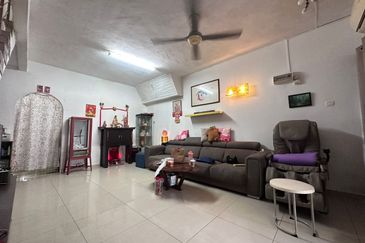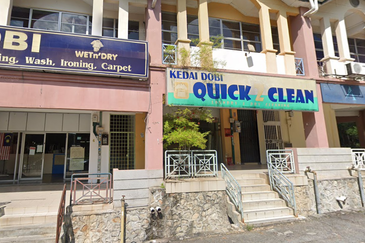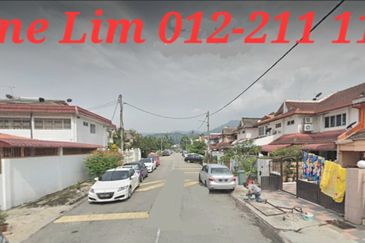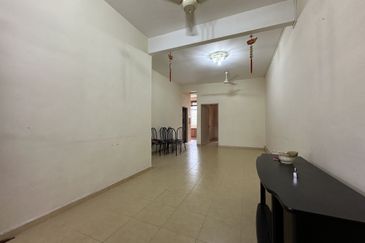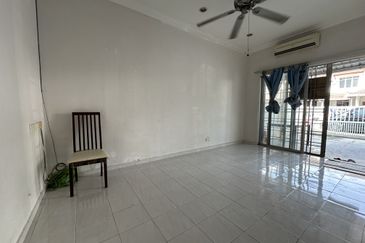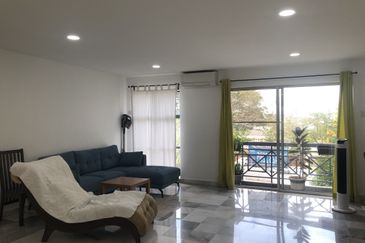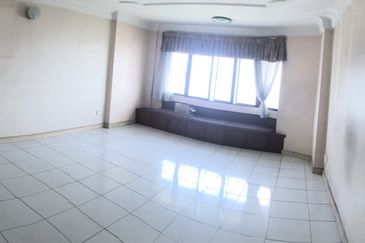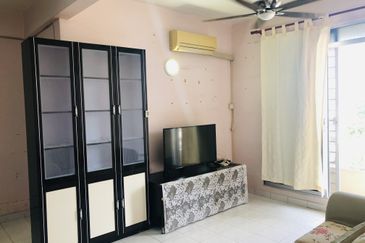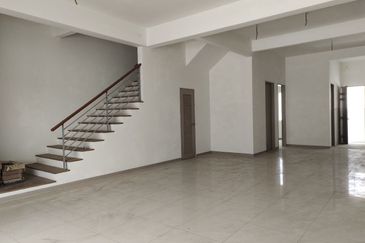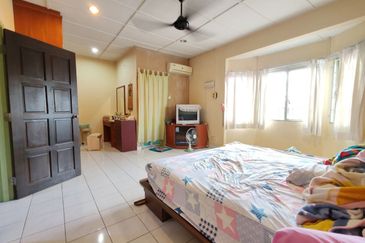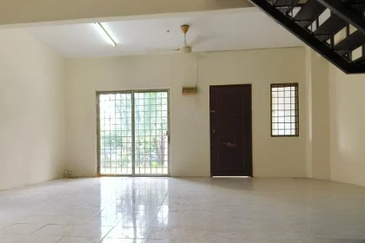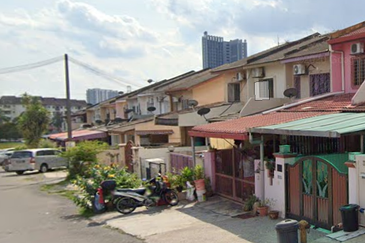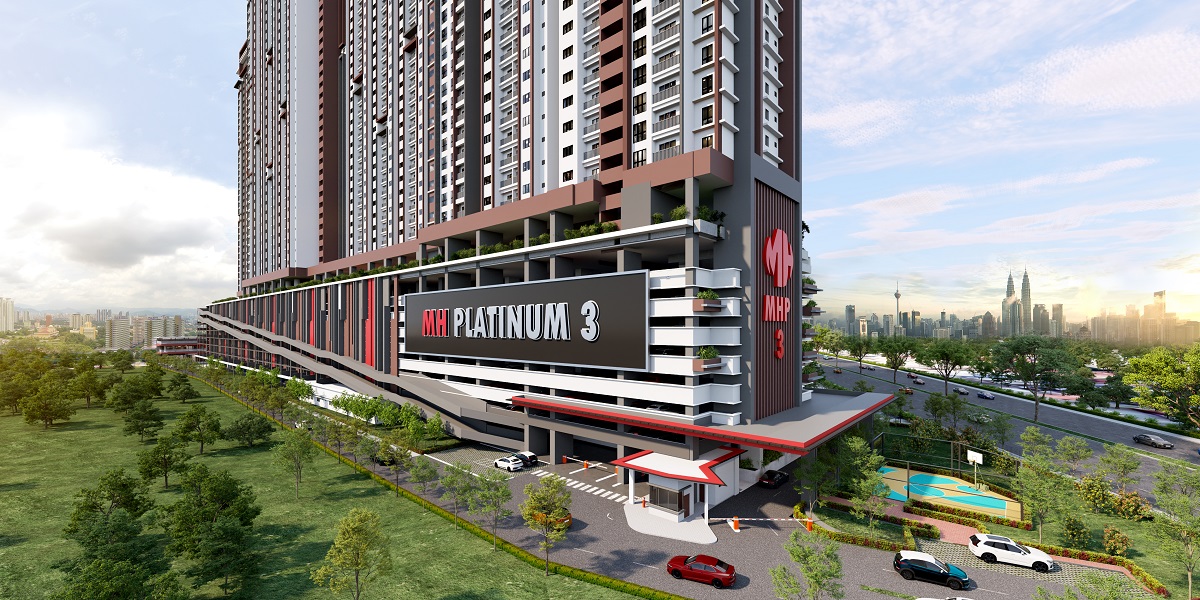BANGKOK: The construction sector is pressing the government to allow import of foreign labour from a broader selection of countries to offset the shortage of 100,000 workers in the industry, said Chakporn Oonjitt, executive director of the Construction Institute of Thailand.
As of April, the construction industry employed 2.68 million workers or 7% of the country’s total workforce.
The National Statistical Office said almost 200,000 of the workers are foreign labour, but Chakporn said the industry estimates the figure to be at least three times higher.
“The Thai Contractors Association said in order for the industry to grow, it needs an increase of at least 80,000 to 100,000 workers.
It seems like jobs in convenience stores and supermarkets have been more attractive than working in construction sites,” he said.
Chakporn said imports of labour should be allowed from countries other than Cambodia, Laos and Myanmar.
The government should provide a system in which businesses can select appropriate workers and train them before sending them to Thailand. Large companies such as Italian-Thai Development and Ch Karnchang have training centres in neighbouring countries.
“Currently, anyone who crosses the border can be a construction worker, but we would like to be more selective. Cambodia said they want to cooperate with us, and Vietnam said the economic bubble burst has resulted in an oversupply of construction workers,” said Chakporn.
The government’s increase in minimum wages by 40% has caused labour costs for businesses in the construction sector to account for over 20% of total costs, while the increase is less than 20% for the civil engineering sector as machinery can be used. This translates into an 8% increase in construction costs.
As of 2011, a total of 80,289 construction businesses have registered with the Commerce Ministry, of which 120 are listed on the Stock Exchange of Thailand. Small and medium enterprises (SMEs) comprise 99.8% of the businesses.
The value of the construction sector last year totalled 269.76 billion baht (RM27 billion), or 2.5% of the country’s GDP. For the first quarter of this year the value stood at 70.62 billion baht, or 2.6% of the country’s GDP. The figure rose to a record high of 5% in 1997 during the crisis.
Chakporn said the figure should be 6% for countries that have a similar GDP to Thailand, but the country has lower tool costs and minimum wages have not increased for a long time. Investment value in the construction sector last year totalled 809.35 billion baht, a 1.5% increase from 2010.
Half of the investment was from the private sector, while 85% of the value was from SMEs, including projects subcontracted from large contractors. The figure this year is estimated to grow by around 15%, to 930.99 billion baht as there has not been a large number of projects for the past few years.
While the Asean Economic Community in 2015 will provide opportunities for large companies, Chakporn is concerned that SMEs, especially those located upcountry, will face competition from small contractors in neighbouring countries as they have very low production costs but low quality.
Meanwhile, the European debt crisis will cause large contractors to look towards Asia instead for investment. — Bangkok Post
TOP PICKS BY EDGEPROP

Bandar Puncak Alam
Bandar Puncak Alam, Selangor

Bandar Puncak Alam
Bandar Puncak Alam, Selangor



